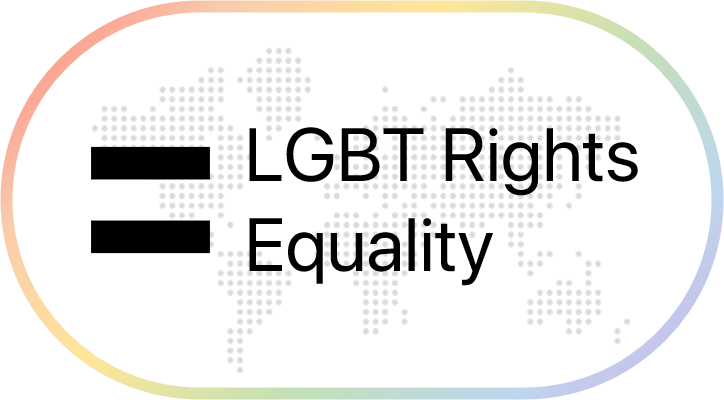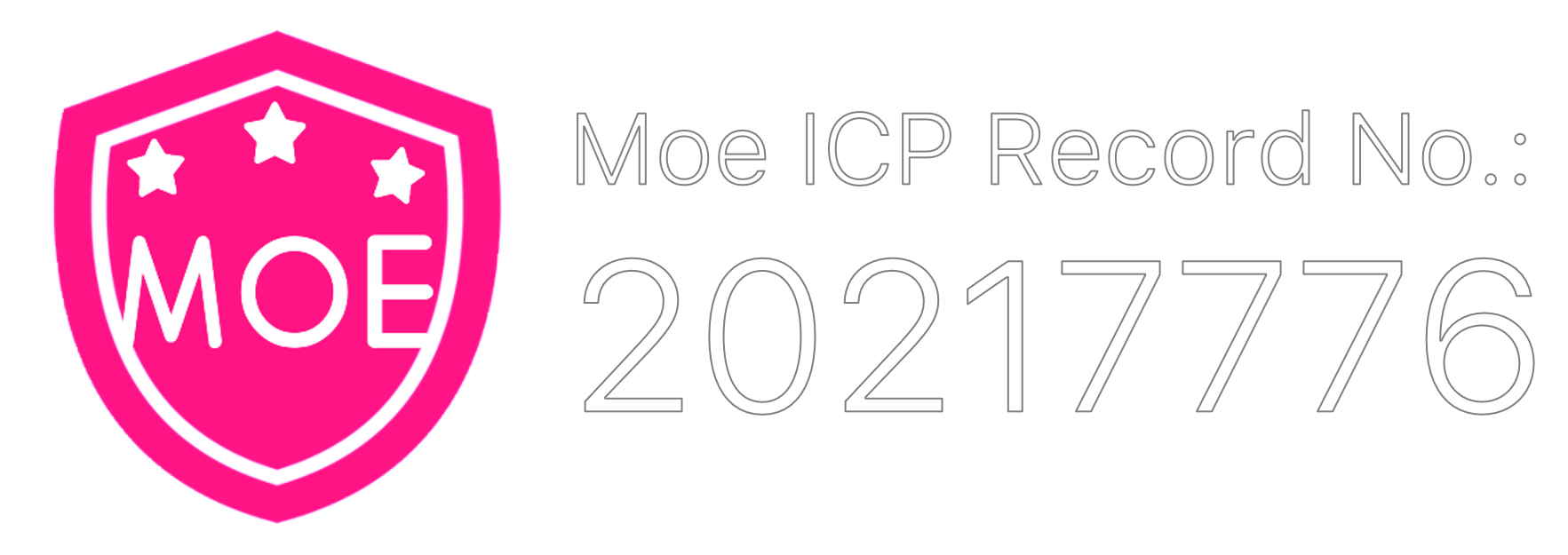The AImagine series shows how AI analyzes the world. The articles under this category contain sections where AI was involved in the production. Articles may contain inaccurate information.
Internet censorship refers to the control or suppression of the publishing, viewing, or accessing of information on the internet. This can take many forms, from blocking specific websites or online services to monitoring and collecting user data for surveillance purposes.
Here are the common technologies the governments use:
- Website blocking: Governments can block access to specific websites or online services by creating a list of blocked URLs and then using internet service providers (ISPs) to restrict access to those sites.
- Deep Packet Inspection (DPI): DPI is a technique that allows governments to inspect and analyze the data packets that are sent over the internet. This can be used to identify and block specific types of content, such as online video or social media platforms.
- Virtual Private Networks (VPNs) blocking: Governments can block VPNs to prevent users from bypassing censorship measures by routing their internet traffic through a VPN server located in another country.
- Domain Name System (DNS) blocking: DNS blocking involves blocking access to specific domain names, making it difficult or impossible for users to access certain websites.
- IP blocking: IP blocking involves blocking access to a specific IP address, making it difficult or impossible for users to access certain websites or online services.
- Keyword filtering: Some governments use keyword filtering to automatically detect and block specific words or phrases, making it difficult or impossible for users to access certain types of content.
- Internet throttling: Governments can slow down or throttle access to the internet, making it difficult or impossible for users to access certain types of content or websites.
- Surveillance: Governments can monitor and collect user data for surveillance purposes, which can be used to identify and target individuals who are engaging in activities that are deemed to be in violation of government censorship policies.
One of the major concerns with internet censorship is that it can be used to suppress freedom of speech and expression. Governments, organizations, and individuals may use censorship to control the flow of information, manipulate public opinion, or silence dissent. This can be particularly troubling in authoritarian regimes, where censorship is often used to maintain a grip on power and suppress opposition.
Another concern with internet censorship is that it can restrict access to information and knowledge. This can be particularly harmful in developing countries, where the internet may be the only way for people to access information about health, education, and other important topics. Furthermore, internet censorship can also stifle innovation and economic growth by blocking access to new technologies and ideas.
To avoid misuse of internet censorship, there are a few steps that can be taken to achieve this:
- Clear and specific laws: The laws and regulations that govern internet censorship should be clear and specific, outlining the types of content that are being censored and the reasons for censorship.
- Independent oversight: There should be an independent oversight body that is responsible for monitoring the implementation of censorship policies and ensuring that they are in compliance with the law.
- Due process: There should be a process in place for individuals and organizations to challenge censorship decisions, with the opportunity for a hearing and appeal.
- Transparency: The censorship process should be transparent, with clear communication about what is being censored and why.
- Limited scope: Internet censorship should be limited to the minimum necessary to achieve the desired outcome, and should not be used to silence political dissent or restrict access to legitimate information.
- Regular review: Censorship policies should be reviewed regularly to ensure that they are still necessary and effective, and to make any necessary adjustments.
- Alternative ways of accessing information: Governments should provide alternative ways for citizens to access information and express themselves, such as through libraries, community centers, or other public spaces, in order to mitigate the impact of censorship on freedom of expression.
- Involvement of civil society: Civil society organizations should be involved in the development and implementation of censorship policies, to ensure that the perspectives of different groups are taken into account.
However, it’s important to note that internet censorship isn’t always negative. In some cases, it may be necessary to protect public safety and security, prevent the spread of hate speech or harmful content, or protect intellectual property. Like:
- Child protection: Governments can use internet censorship to block access to websites and online services that contain child pornography or other sexually explicit material that is harmful to minors.
- Hate speech: Internet censorship can be used to block access to websites and online services that promote hate speech, racism, and discrimination.
- Terrorism: Governments can use internet censorship to block access to websites and online services that promote or glorify terrorism and violence.
- Intellectual property: Internet censorship can be used to block access to websites and online services that facilitate the illegal sharing of copyrighted material, such as movies, music, and software.
- Cybercrime: Internet censorship can be used to block access to websites and online services that are used to facilitate cybercrime, such as phishing sites, malware-distribution sites, and botnets.
Overall, it’s a complex issue that requires balancing the rights of individuals to access information and express themselves freely with the need to protect public safety and security. It’s important for governments, organizations, and individuals to consider the potential consequences of internet censorship and to strive for transparency and accountability in their censorship practices.


